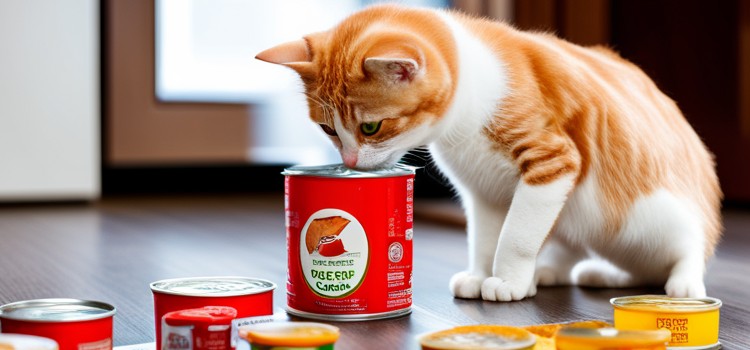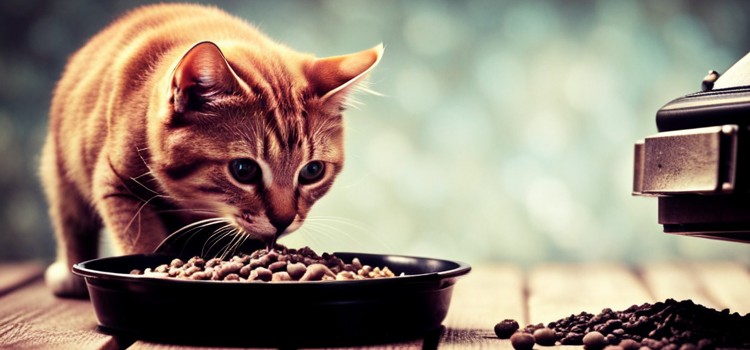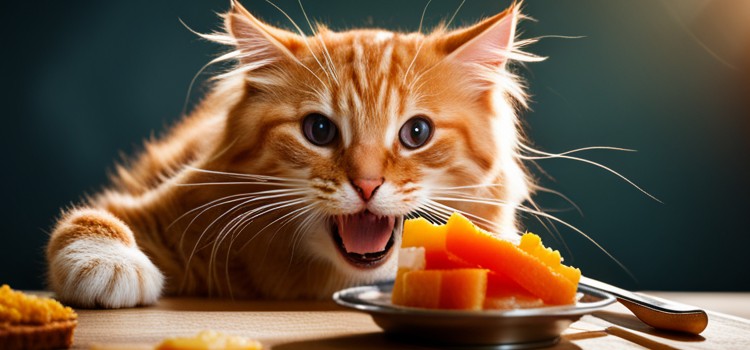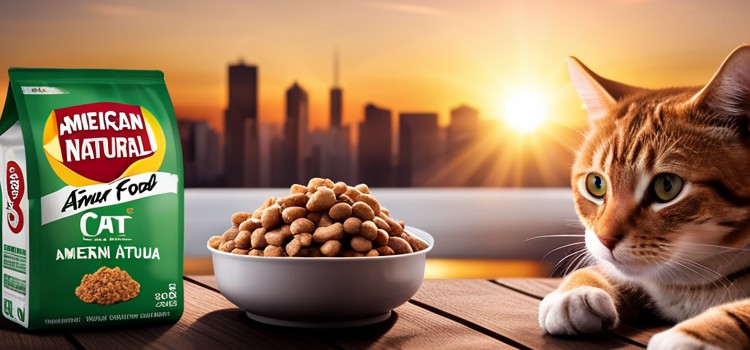As an Amazon Associate committed to the mission of improving the lives of our readers, Live-Clear.com receives a small commission from eligible purchases made through our affiliate links. This revenue enables us to keep producing insightful articles and other material.
A cat should be fed 1-2 ounces of chicken per day to maintain a healthy diet. Feeding your cat the right amount of chicken is crucial for their overall health and well-being.
Cats are obligatory carnivores, meaning they require meat in their diet to meet their nutritional needs. When incorporating chicken into your cat’s diet, it’s essential to consider the quantity and ensure it complements their balanced diet. We will explore the proper amount of chicken to feed your cat, the nutritional benefits it offers, and potential concerns to keep in mind.
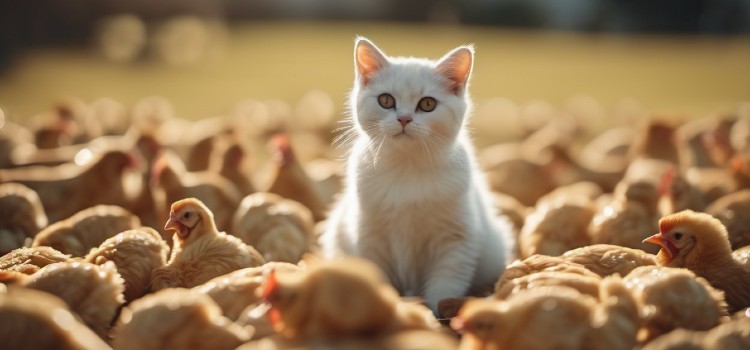
By understanding the appropriate portion size, you can ensure that your feline friend receives the necessary nutrients without overfeeding or underfeeding. Let’s delve into the details and learn how to provide your cat with a healthy and satisfying diet including chicken.
Understanding A Cat’s Nutritional Requirements
Understanding a Cat’s Nutritional Requirements is crucial for ensuring their overall health and well-being. One of the key aspects of feline nutrition is determining the appropriate amount of chicken to feed a cat per day. Cats have specific dietary needs that must be met to maintain proper health and vitality.
Feline Dietary Needs
Cats are obligate carnivores, meaning their diet should primarily consist of animal-based proteins. Unlike omnivorous animals, cats have a limited ability to digest and utilize plant-based nutrients. As a result, a cat’s diet should be rich in high-quality animal proteins to support their unique nutritional requirements. In addition to protein, cats also require essential vitamins, minerals, and fatty acids to thrive.
Importance Of Chicken For Your Cat
Protein plays a critical role in a cat’s diet, serving as the primary source of amino acids necessary for various bodily functions. These amino acids contribute to muscle development, tissue repair, and overall metabolism. In addition, protein helps maintain healthy skin, coat, and immune function in cats. When determining how much chicken to feed a cat per day, it’s essential to consider the protein content to ensure they receive adequate nutrition.
Intro To Feeding Chicken For Your Cat
When it comes to providing a well-balanced diet for your furry feline, chicken can be a fantastic addition to their meal plan. Not only is it a great source of lean protein, but it can also offer a variety of essential nutrients that cats need to thrive. In this segment, we will delve into the benefits and risks associated with feeding chicken to cats, ensuring that you are equipped with the knowledge to make informed decisions about your cat’s diet.
Benefits Of Chicken For Your Cat
Introducing chicken into your cat’s diet can provide a range of health benefits. The following are some advantages of incorporating chicken into your cat’s meal plan:
- Rich in Protein: Chicken is a high-quality source of protein, essential for maintaining your cat’s muscle mass and overall health.
- Rich in Nutrients: It contains nutrients such as vitamin B6, niacin, and phosphorus, which are crucial for your cat’s well-being.
- Promotes Hydration: Chicken has a high moisture content, aiding in keeping your cat properly hydrated, especially if they are reluctant water drinkers.
Risks To Consider For Chicken For Your Cat
While chicken can offer numerous benefits for cats, it’s essential to be aware of potential risks associated with feeding chicken to your feline friend:
- Bone Hazards: Cooked chicken bones can splinter, posing a choking hazard or causing internal injury to your cat.
- Contamination: The improper handling or preparation of chicken can lead to bacterial contamination, potentially resulting in foodborne illness for cats.
- Allergies: Some cats may have allergies or sensitivities to chicken, leading to digestive issues or skin problems.
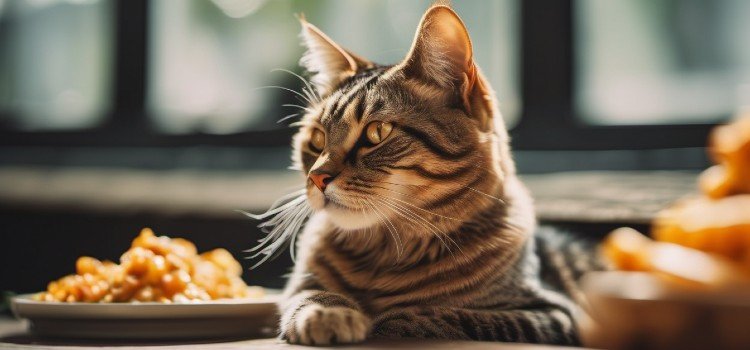
Calculating Portion Sizes
When it comes to feeding your beloved feline friend, it’s essential to understand the appropriate portion sizes. Calculating the right amount of chicken to feed your cat per day requires considering various factors, including the cat’s weight, age, activity level, and health condition. By knowing the recommended daily intake of chicken and understanding the factors affecting portion size, you can ensure that your cat receives the appropriate nutrition for their well-being.
Factors Affecting Portion Size
When calculating the portion size of chicken to feed your cat, several factors need to be taken into account:
- Weight: The weight of your cat plays a significant role in determining the portion size. A larger cat may require more chicken than a smaller cat.
- Activity Level: Active cats may need larger portions to meet their energy requirements, while sedentary cats may need smaller portions.
- Age: Kittens and senior cats have different dietary needs, requiring adjusted portion sizes accordingly.
- Health Condition: Cats with specific health conditions, such as diabetes or kidney disease, may require specialized portion sizes.
Recommended Daily Intake Of Chicken
The recommended daily intake of chicken for a healthy adult cat is approximately 2-4 ounces per day. This amount can be adjusted based on the individual cat’s weight and activity level. It’s crucial to consult with a veterinarian to determine the ideal portion size for your cat, as they can provide personalized recommendations based on your cat’s specific needs.
Preparing Chicken For Your Cat
When it comes to preparing chicken for your cat, it’s essential to ensure that it is safe and nutritious. Transitioning your feline friend to a chicken diet can offer numerous health benefits, but it’s important to understand the proper methods for preparing and serving this protein-rich food. Let’s dive into the safe and nutritious cooking methods and the process of transitioning to a chicken diet for your cat.
Safe And Nutritious Cooking Methods
When preparing chicken for your cat, it’s crucial to use safe and nutritious cooking methods to maintain the integrity of the meat and provide the essential nutrients your cat needs. Here are some recommended cooking methods for preparing chicken for your cat:
- Baking: Cooking chicken in the oven at a moderate temperature ensures thorough cooking without excessive charring or use of unhealthy oils.
- Boiling: Boiling chicken can help retain its natural flavors and nutrients, making it a healthy cooking method for your cat.
- Steaming: Steaming chicken helps preserve its moisture and nutrients, offering a nutritious and moist meal for your cat.
Transitioning To A Chicken Diet
Transitioning your cat to a chicken diet should be done gradually to prevent any digestive upset. Here’s a simple guide to help you transition your cat to a chicken-based diet:
- Start by introducing small amounts of cooked chicken alongside your cat’s regular diet.
- Gradually increase the proportion of chicken and reduce the portion of the previous diet over several days.
- Monitor your cat’s response to the new diet and make adjustments as needed based on their digestive health and overall well-being.
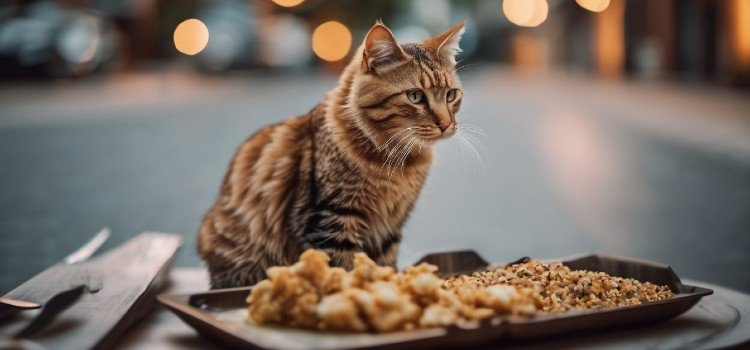
Monitoring Your Cat’s Health
Signs Of Overfeeding
It’s essential to be attentive to your cat’s physical appearance and behavior to ensure they are neither undernourished nor overfed. Signs of overfeeding in cats can include excessive weight gain, lethargy, and an increase in litter box visits. Regularly monitoring your cat’s weight and observing changes in their activity levels can help alert you to potential overfeeding.
Adjusting Portion Sizes
When you notice signs of overfeeding, it’s crucial to adjust portion sizes accordingly. Consider reducing the amount of chicken and monitor your cat’s response. Gradually decrease the portion size and observe how the cat’s weight, activity levels, and overall well-being respond. Remember, it’s essential to consult with a veterinarian before making significant changes to your cat’s diet.
Consulting With A Vet
When it comes to the dietary needs of our feline friends, consulting with a vet is of utmost importance. Whether you are considering how much chicken to feed your cat or any other aspect of their nutrition, seeking professional guidance plays an essential role in ensuring the well-being of your pet.
Importance Of Professional Guidance
Consulting with a vet regarding the portion size and frequency of chicken in your cat’s diet is crucial in maintaining their optimal health. Vets have the expertise to understand your cat’s specific dietary requirements and can provide personalized recommendations based on factors such as age, weight, and any underlying health conditions. This professional guidance helps in preventing under or overfeeding, thereby minimizing the risk of nutritional imbalances and related health issues.
Addressing Concerns And Questions
Veterinary professionals are equipped to address any concerns or questions you may have about incorporating chicken into your cat’s diet. They can offer insights into the best ways to introduce chicken, how to ensure it is prepared and served safely, and how it can complement your cat’s overall nutritional needs. Furthermore, they can provide valuable advice on monitoring your cat’s response to the new dietary addition, ensuring a smooth and beneficial transition.
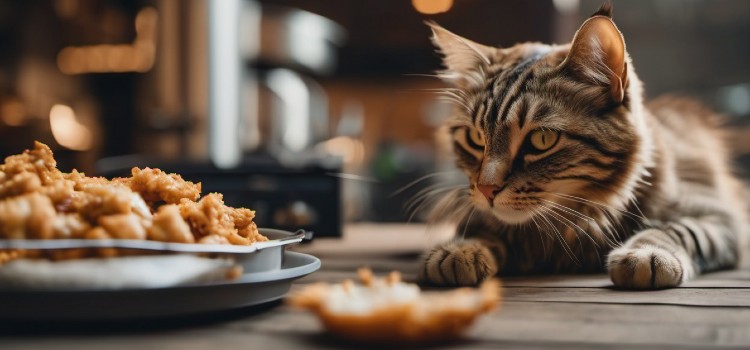
Conclusion
Understanding how much chicken to feed your cat per day can help maintain their health. It’s important to closely monitor their portion sizes and ensure a balanced diet. Consulting with a veterinarian is crucial for personalized recommendations. By carefully considering your cat’s dietary needs, you can help ensure their overall well-being. In addition, it is important to remember that chicken should not be the sole source of nutrition for your cat. It should be supplemented with other essential nutrients such as vitamins and minerals found in commercial cat food. This will help prevent any nutritional deficiencies and promote a healthier lifestyle for your feline friend.
Frequently Asked Questions For How Much Chicken To Feed A Cat Per Day
A cat can eat a small portion of cooked chicken daily as part of a balanced diet. It should make up around 10-20% of their total food intake to ensure they receive essential nutrients. Monitor portion sizes to prevent overeating and consult a vet for specific advice.
Yes, you can feed your cat cooked chicken every day as long as it’s part of a balanced diet. It’s important to include other nutrients and consult with a vet for the right portion size.
Yes, cooked chicken breast can be good for cats in moderation as it provides lean protein. Avoid seasoning and bones.
Yes, it’s okay to feed your cat chicken and fish daily, but it’s essential to ensure a balanced diet to meet all their nutritional needs. Mix in other sources of protein and vitamins for a well-rounded meal plan.
Feed your cat 1/4 to 1/3 cup of cooked, boneless chicken per day.
To maintain your cat’s health, it’s crucial to know the appropriate amount of chicken to feed daily. Monitor portion sizes and ensure a balanced diet. Consult a veterinarian for personalized recommendations. Chicken should not be the sole source of nutrition; supplement it with essential nutrients like vitamins and minerals from commercial cat food. This prevents nutritional deficiencies and promotes a healthier lifestyle for your feline friend.
Amazon and the Amazon logo are trademarks of Amazon.com, Inc, or its affiliates.
